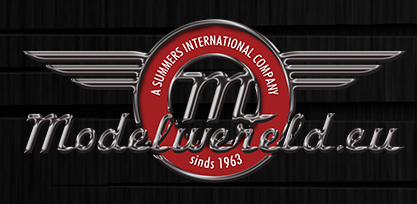The origins of the Yak-3 went back to 1941 when the I-30 prototype was offered along with the I-26 as an alternative design to the Yak-1. the I-30, powered by a Klimov M-105P engine, was of all-metal constrution, using a wing with dihedral on the outer panels. Like te early Yak-1 , it had a 20mm ShVAK cannon firing through the propeller spinner and twin 7.62mm ShKAS machine guns in the nose, but was also fitted with a ShVAK cannon in each wing. The first of two prototypes was fitted with a slatted wing to improve handling and short-field performance while the second prototype had a wooden wing without slats , in order to simplify production. The second prototype crashed during flights tests and was writte off. Although there were plans to put the Yak-3 into production, the scarcity of aviation aluminium and the pressure of the Nazi invasion led to work on the first Yak-3 abandoned in late fall 1941.
In 1943, Yakovlev designed the Yak-1M wich was smaller and lighter version of the Yak-1A. a second Yak-1M prototype was constructed later that year, differing from the first in aircraft plywood instead of fabric covering of the rear, fuselage mastless radio antenna, reflector gunsight and improved armor and engine cooling. The chief test pilot Piotr Mikhailovich Stefanovskiy was so impressed with the new aircraft that he recommended that it should completely replace the Yak-1 and Yak-7 with only the Yak-9 retained in production for fur work with the Klimov VK-107 engine. The new fighter designated the Yak-3 entered service in 1944, lather than the Yak-9 in spite of the lower designation number.
Production accelerated rapidly, so that by mid-1946 , 4,848 had been built.
Twee uitvoeringen mogelijk;
- Soviet Air Force - Baltic 1944.
- Soviet Air Force, French Normandie Niemen Fighter Group.


